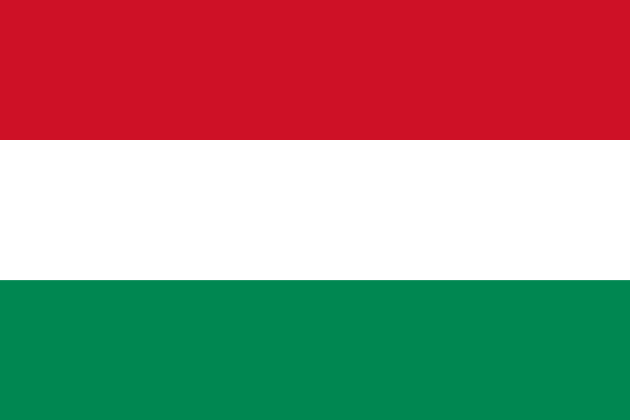Hungary: Jewish Nobel laureate not "Hungarian enough" for the ultra-right

Imre Kertész, a Hungarian author with Jewish roots who is a Nobel laureate, will receive the Order of St. Stephen, Hungary’s highest state honor, today. The Fascist party "Movement for a Better Hungary" (Jobbik), is opposed to his receiving it and has written an open letter on the subject to Hungarian President János Áder.
The decoration is being much discussed in the Hungarian press; to illustrate the situation in Hungary, we can quote, for example, the web portal Index.hu, which has published a commentary calling Kertész a "clown of the Holocaust". Kertész will receive the medal together with the inventor of the famous Rubik’s Cube, Ernö Rubik.
Kertész not "Hungarian enough" for Jobbik
In its open letter, Jobbik criticizes the decision to award Hungary’s highest honor to Kertész, as the author has allegedly "questioned Hungarian-ness in the past." In an interview for the newspaper Die Welt, Kertész said anti-Semites and right-wing radicals have a big say in Hungary and are incapable of acknowledging Hungary’s share of the blame for the transport of Jewish people to the concentration camps during the Holocaust.
This comment, of course, was not a "questioning of Hungarian-ness", but an allusion to the rising influence of Fascists there, precisely those from the Jobbik party. Kertész is also being criticized by some intellectuals for accepting the honor, albeit from a different position than Jobbik’s.
Should the Nobel laureate accept the state honor, then according to Hungarian author Rudolf Ungváry he will be "absolving" the conservative right-wing government of Hungarian Prime Minister Viktor Orbán. According to Index.hu, accepting the award will mean Kertész is just Orbán’s underling, as it would be taken as implying approval of the Hungarian Government’s move this year to begin construction of a controversial memorial in the center of Budapest on the 70th anniversary of the occupation of Hungary by Germany, an idea that critics of Orbán interpret as an effort to push the responsibility of Hungary’s wartime leaders for the deportations of the Jews into the background.
On the other hand, philosopher Ágnes Heller believes Kertész deserves every award offered to him, especially a Hungarian one. Mária Schmidt, the head of the House of Terror in Budapest, which features exhibits related to the totalitarian regimes in 20th-century Hungary, considers the honor for the 85-year-old Kertész to be an appreciation of his life’s work.
"I died once, so I could live"
Kertész was born in Budapest into a Jewish family. In 1944, at the age of 15, he was deported to Auschwitz and then to Buchenwald, surviving both to see the liberation in 1945.
His most famous works are the novels Fateless (for which he received the Nobel Prize in Literature) and Liquidation. His entire literary oeuvre is a processing of his experiences from his time in the concentration camps.
In his Nobel Lecture to the Swedish Royal Academy, Kertész said: "In my writings the Holocaust could never be present in the past tense… What I discovered in Auschwitz is the human condition, the end point of a great adventure, where the European traveler arrived after his two-thousand-year-old moral and cultural history."
On that occasion he also mentioned having received an interesting document from the director of the Buchenwald Memorial, a record of prisoner number 64 921, Imre Kertész, as deceased. "In short, I died once, so I could live. Perhaps that is my real story… Thus, in thinking about Auschwitz, I reflect, paradoxically, not on the past but the future," his Nobel Lecture concludes.
